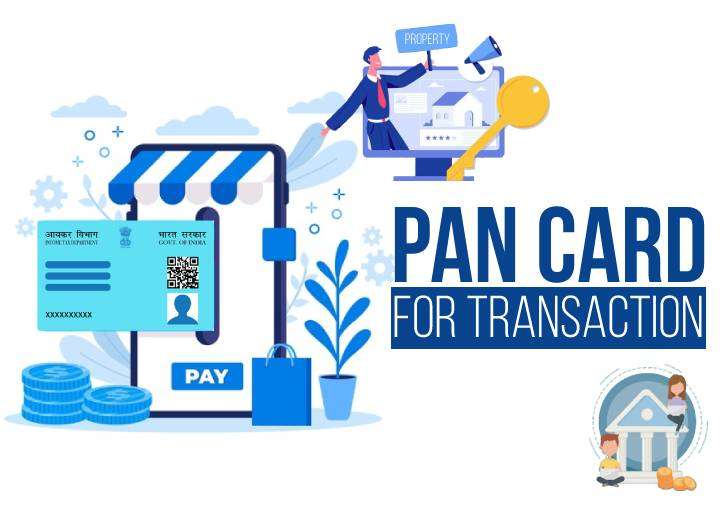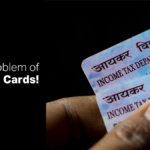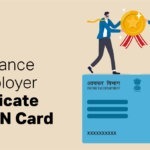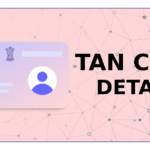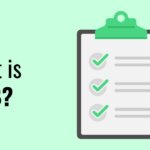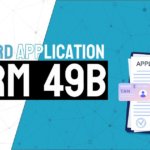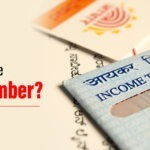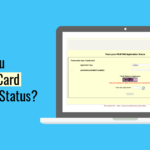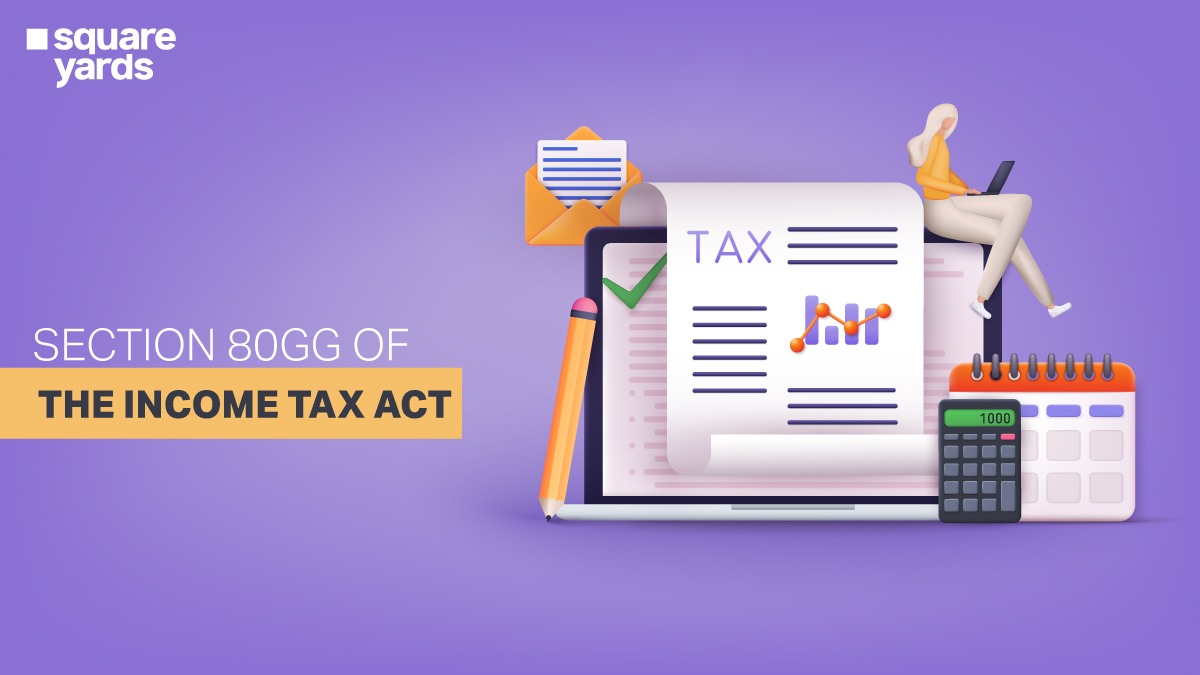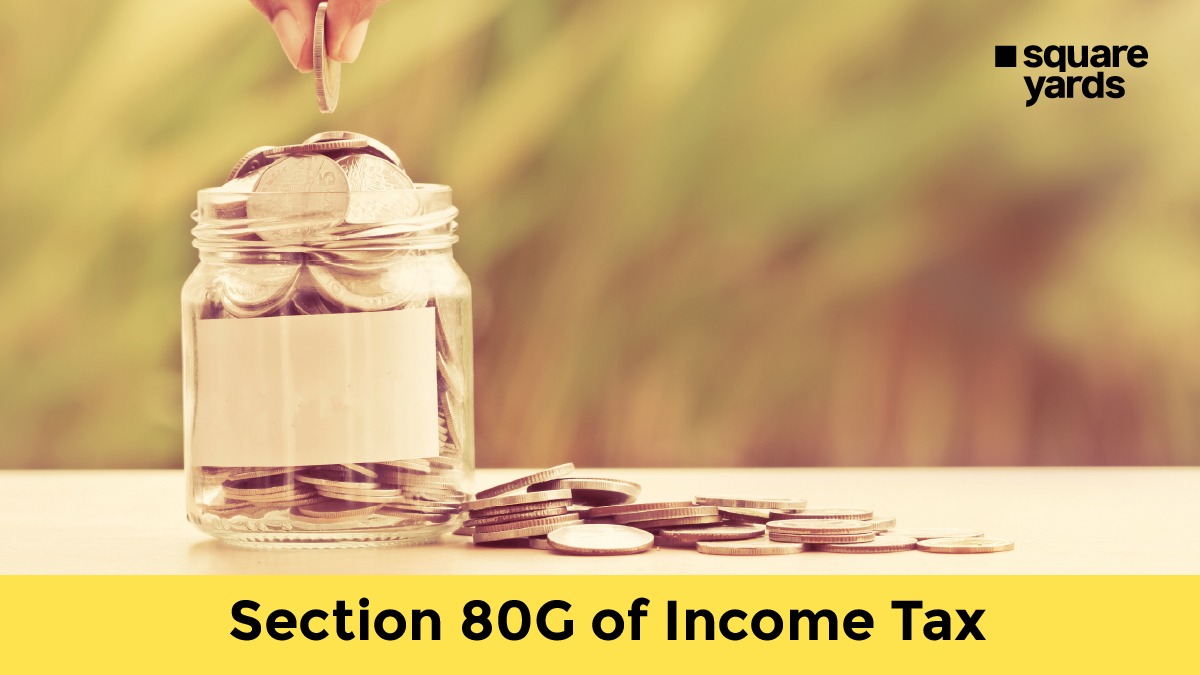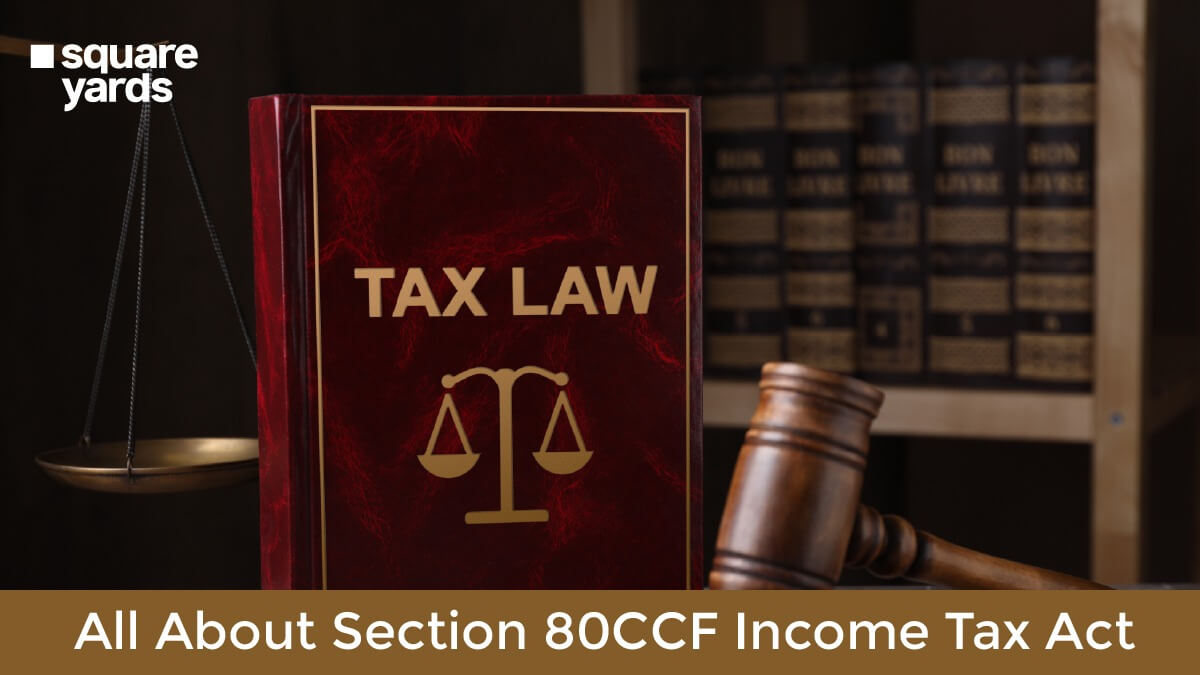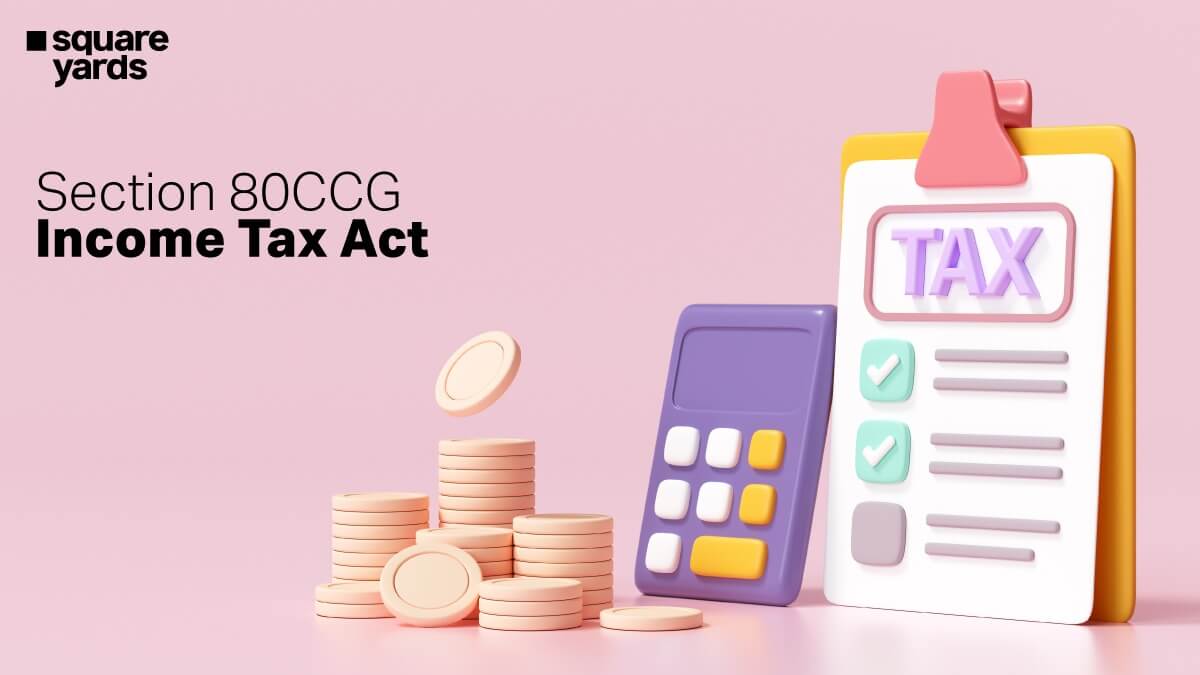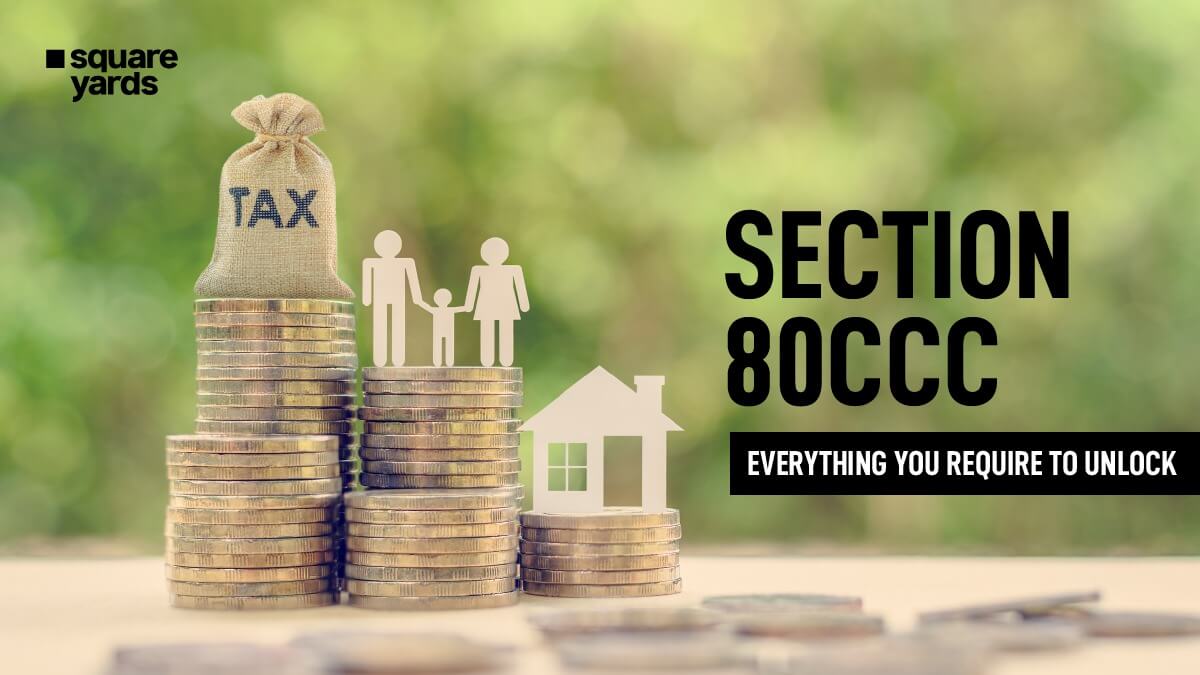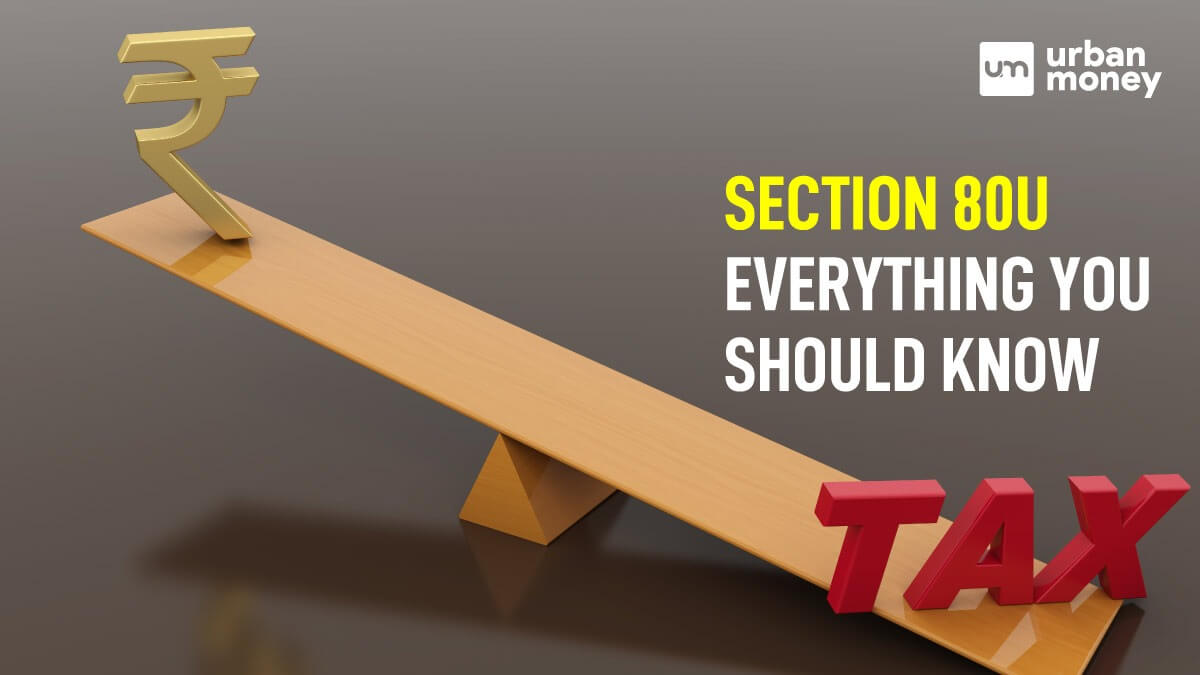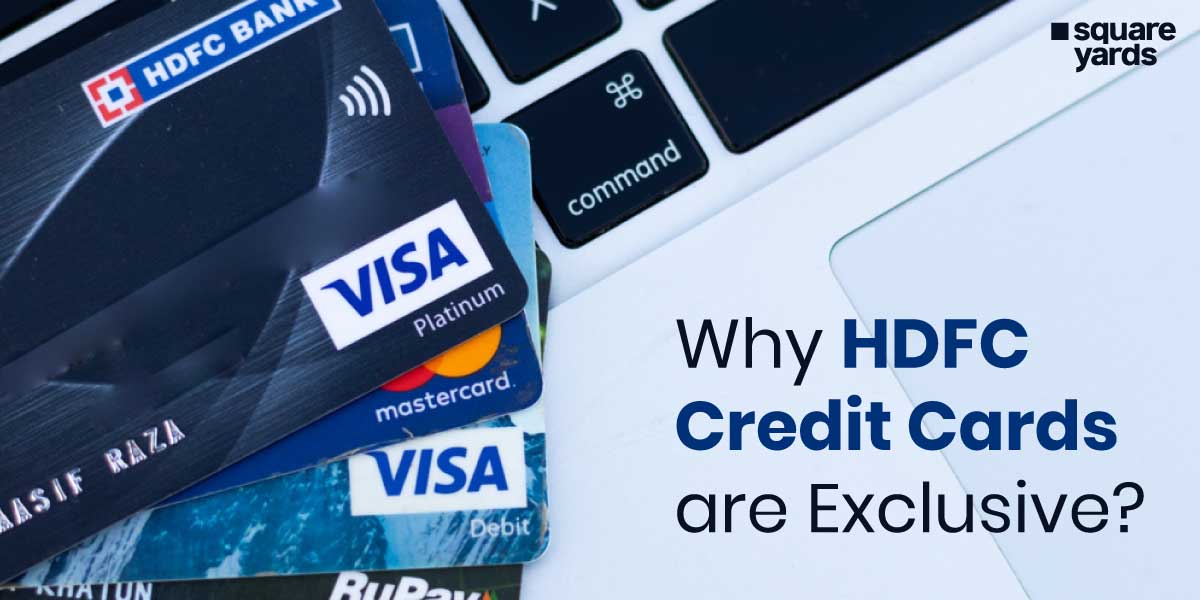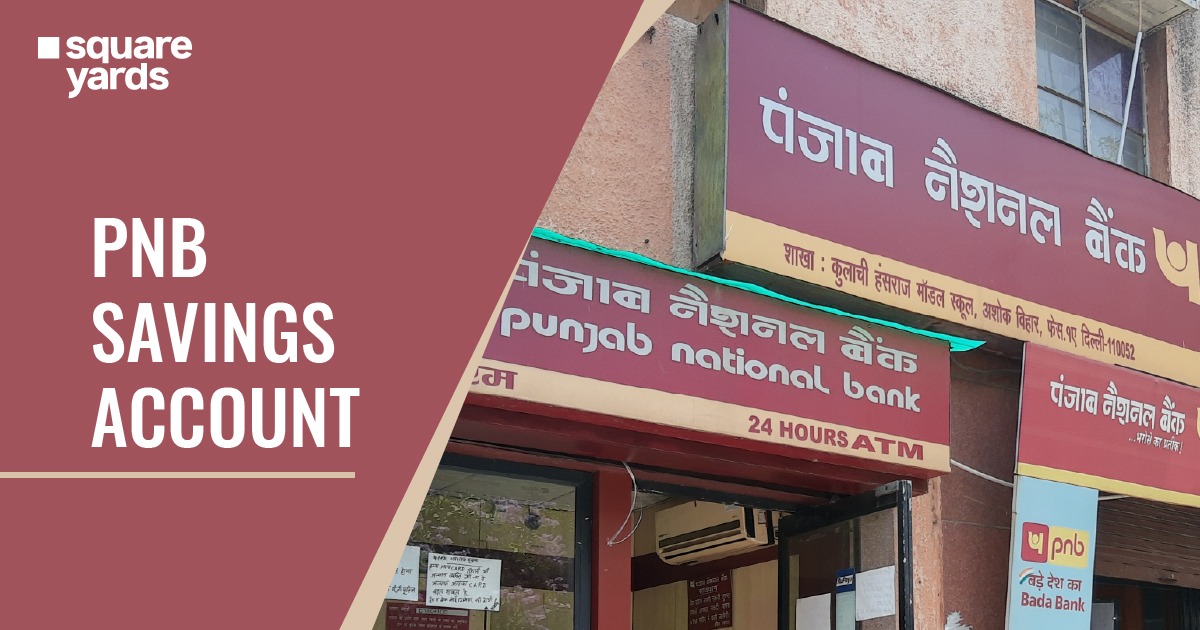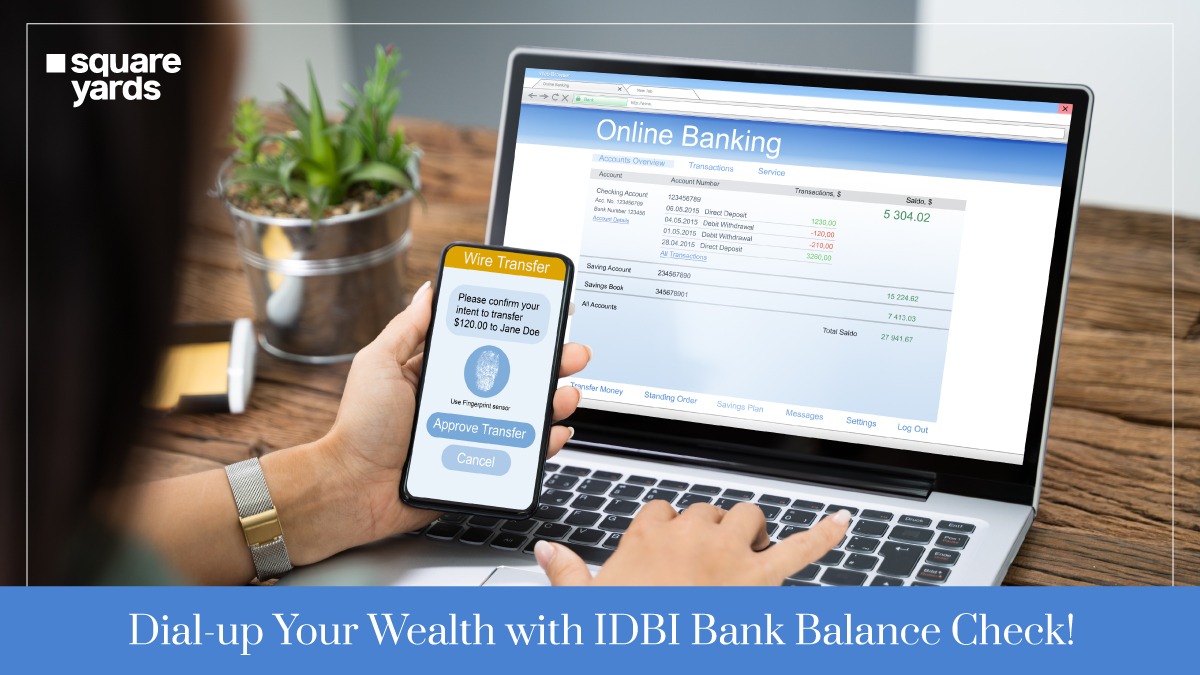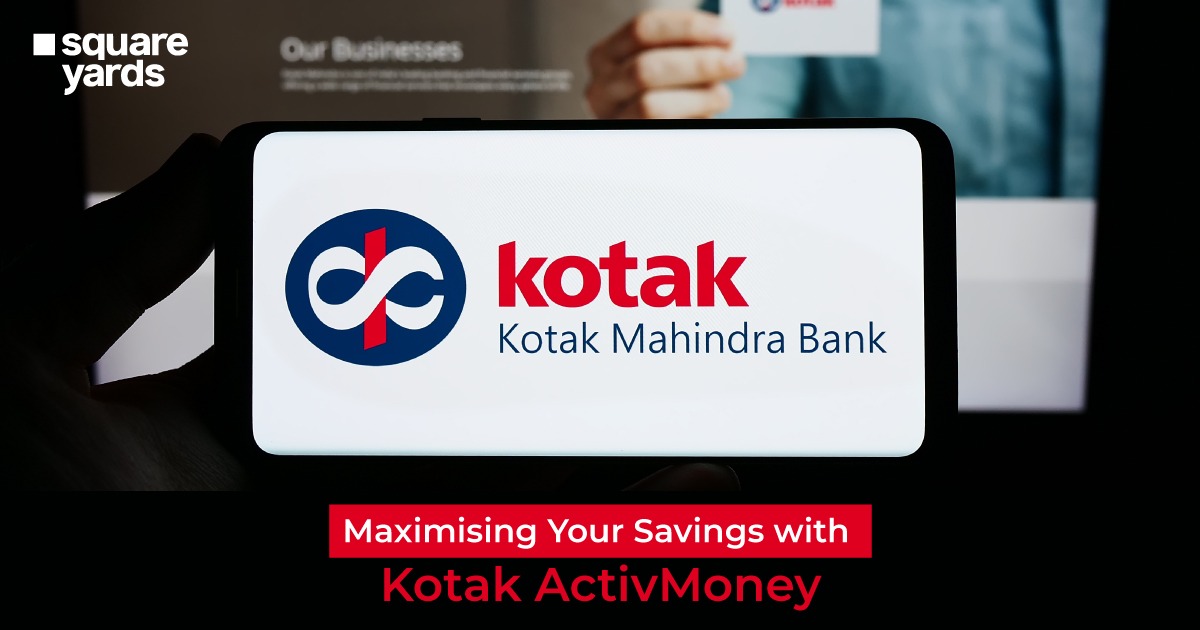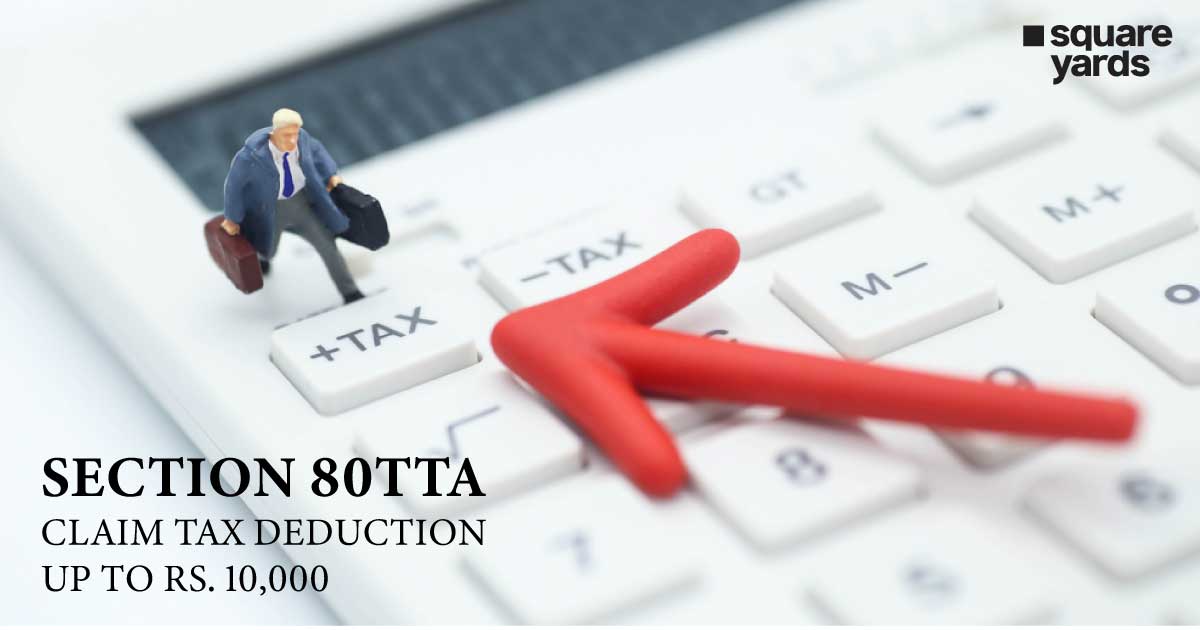A PAN Card is not just a combination of numbers and alphabets. It acts as identity proof and plays a crucial role in taxation, professional charges, buying or selling shares, bank transactions and many more.
After 1 January 2016, PAN has become more valuable than ever. The Indian government made it mandatory to use PAN cards for transactions above Rs. 2 lakh. The decision was taken during the Budget of the financial year 2015-2016 by the former finance minister, Arun Jaitley.
The Finance Ministry specified the economic limits for some precise transactions for which quoting of PAN is mandatory. Here we have mentioned all the places where PAN is required for transactions.
Let’s march forward and learn more about the use of PAN in financial transactions.
Why is Using PAN Cards for Transactions Mandatory?
The changes in the PAN card transaction came into immediate effect from 1 January 2016 for different financial transactions above Rs. 2 lakh. However, the purpose for using a PAN card for financial transactions is mandatory for the following reasons:
- To Restrain the Flow of Black Money: People have to submit their PAAN card for transactions above Rs. 50,000. This step has been taken to stop illegal money transactions, control corruption, and collect black money.
- To Widen Taxpayer Count: According to a survey, “Only 14% of the Indian population have a PAN card, and only 2.8% of them pay their taxes”.
These are surprising numbers coming from a country with the second-highest population in the world. Therefore, with PAN cards, the government will be able to increase the number of taxpayers and regularly monitor individuals or entities. The other intentions for making PAN a universal document of identification are as follows:
- To track the financial transactions.
- To prevent any tax evasion.
- To monitor every money transfer of an organisation or an individual.
Note: If any individual who is not a PAN cardholder wants to transfer Rs 2 lakh rupees, they will have to fill a form with valid identity proof before making the transaction.
Where is Quoting a PAN Card for Transaction Mandatory?
Here are the transactions in which quoting a PAN card is compulsory.
PAN Card for Property Transaction
If the property exceeds Rs. 10 lakh limit, as per Stamp Valuation Authority, a show of PAN card will be mandatory. Thus, you have to use your PAN card for purchasing or selling the property valuing more than the stipulated amount.
PAN Card for Bank Transaction
- Fixed Deposit: To deposit cash of more than Rs. 50,00 in a fixed deposit account, you have to share the PAN details with your bank. The rule applies to term deposits even with NBFCs (non-banking financial corporations) and post-offices.
- For Opening a New Account: You have to share your PAN details when applying to open a new bank account. It is mandatory because PAN is a universal identification card.
Note: Only Mantri Jan Dhan Yojna accounts don’t need a PAN card for opening an account.
- For Life Insurance Premiums: The premium plans of life insurances vary depending on your preference and convenience. The life insurance premium can start from Rs 100 and go up to Rs 1 lakh (depending on the policy provider). However, if the amount exceeds the limit of Rs. 50,000 in any year, you have to share the PAN information with the bank.
- For a Cash Card: For any prepaid payment instrument under the Payment And Settlement Act, you have to submit the PAN for the transaction of Rs. 50,000 or more.
- For Purchasing Bank Drafts: You have to furnish your PAN card information if you purchase bank drafts or pay orders for more than Rs 50,000.
- For Depositing Cash: You have to share your PAN details for cash deposits of or more than Rs. 50,000 in any bank account.
- For Credit Card: You have to submit your PAN card details while applying for a credit card.
- For Foreign Travel: PAN card is necessary for cash payments, especially with foreign travel or purchasing foreign currency worth more than Rs. 50,000.
PAN Card for Jewellery Transaction
From 1 January 2016, providing PAN card information has been made mandatory for purchasing any gold jewellery worth more than Rs. 2 lakh, irrespective of the preferred payment mode.
PAN Card for Shares Transaction
Share of the Company: For purchasing shares in a company, you need to open a Demat account and submit your PAN information. Therefore, if you wish to purchase shares of more than Rs. 1 lakh, you have to furnish your PAN details.
For a Mutual Fund or Bond: If you purchase bonds or mutual funds worth more than Rs 50,000, you have to share your PAN details.
PAN Card for Purchasing or Selling Goods and Services
- Transaction for Vehicles: When you purchase a four-wheeler vehicle, you have to share your PAN card details. And, if you are selling your vehicle, you have to use a PAN card for the transaction purpose.
Note: PAN is not required while buying or selling a two-wheeler vehicle.
- Bills of Restaurants and Hotels: If your bill in a hotel or restaurant is Rs. 50,000 or above, you have to quote your PAN details.
Difference Between the Old And New Transaction Requirements
After 1 January 2016, there were some changes between the old and new rules. Thus, here is a representation of all the differences between the old and new rules, as mentioned in the table below.
| Type of Transactions | Old Conditions for PAN Details | New Conditions for PAN Details |
| PAN Card for Property Transaction | For transactions more than or equal to Rs. 5 lakh | For transactions more than or equal to Rs. 10 lakhs |
| Long Term Deposit | More than Rs. 50,000/ | Deposits with co-operative banks, post office, Nidhi, NBFC for Rs. 5 lakh or more annually |
| New Bank Account | All new accounts | All accounts, excluding Jan Dhan |
| Installation of cellphone/telephone connections | In all cases | Practice discontinued |
| Hotel or Restaurant Bills | For bill over Rs. 25,000/- | For bill over Rs. 50,000/- |
| Travelling Out of india | Cash payment of more than Rs. 25,000/- and forex purchase | Cash payment for money more than Rs. 50,000/- and forex purchase |
| PAN Card for Shares Transaction | For purchasing Rs. 50,000/- and more | Buying or selling more than Rs. 1 lakh and opening a Demat account. |
| Purchasing or Selling of Goods and Services | Not Required | Purchasing or Selling of Goods and Services more than Rs. 2 lakh |
Frequently Asked Questions (FAQs)
What is Rule 114B?
As per Rule 114B, every person has to share their PAN number in all documents related to financial transactions.
Can we send money abroad with a PAN card?
Yes, you can send money anywhere in the world using your PAN card. You have to follow the LRS (Liberalised Remittance Scheme) as provided by the Reserve Bank of India. You can even invest anywhere in the world by using LRS.
Is PAN required for NEFT?
Yes, you have to submit your PAN details or fill Form 60. This rule is to curb the flow of black money and tax evasion.
How much amount can I transfer without a PAN?
The limit was Rs 50,000 per transaction without PAN. But when people started depositing less cash every day to escape the use of PAN, the limit became Rs 2.5 lakh.
Can I open a bank account without a PAN Card?
Yes, it is possible to open a bank account without using a PAN card. But you have to submit either your Aadhaar card or fill Form 60 for opening a bank account.
Is PAN necessary for bank KYC?
As per the government, the OVDs (Officially Valid Documents) for KYC are Voter ID card, Aadhaar card, PAN card, or Aadhaar letter issued by UIDAI.


